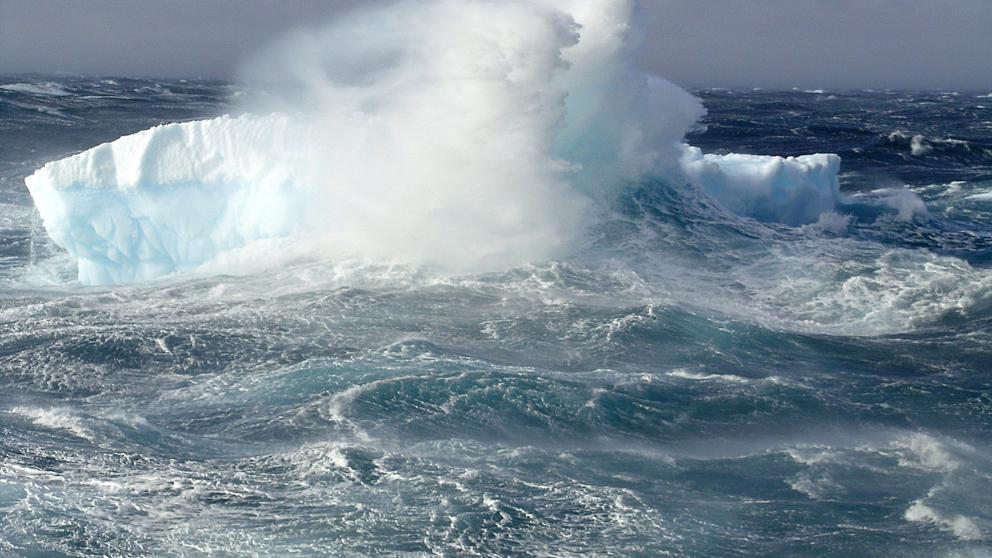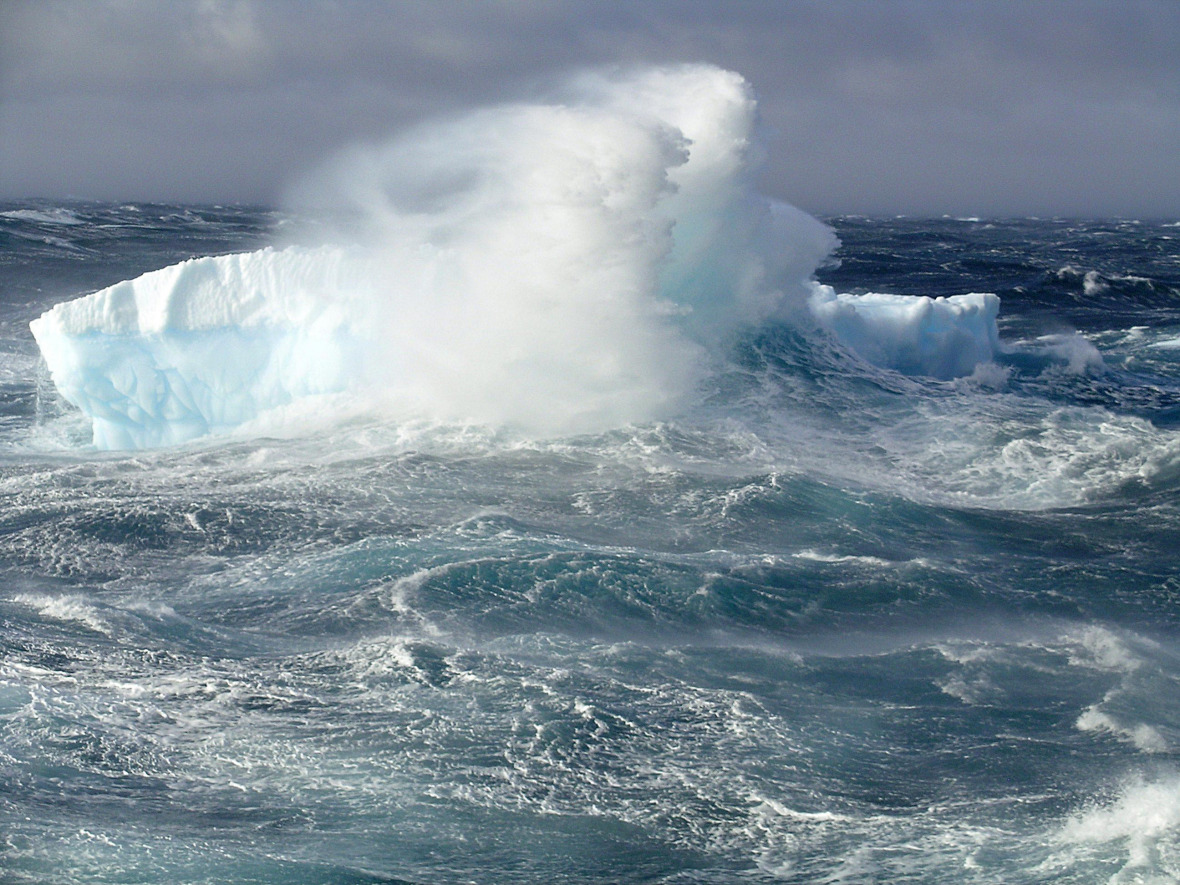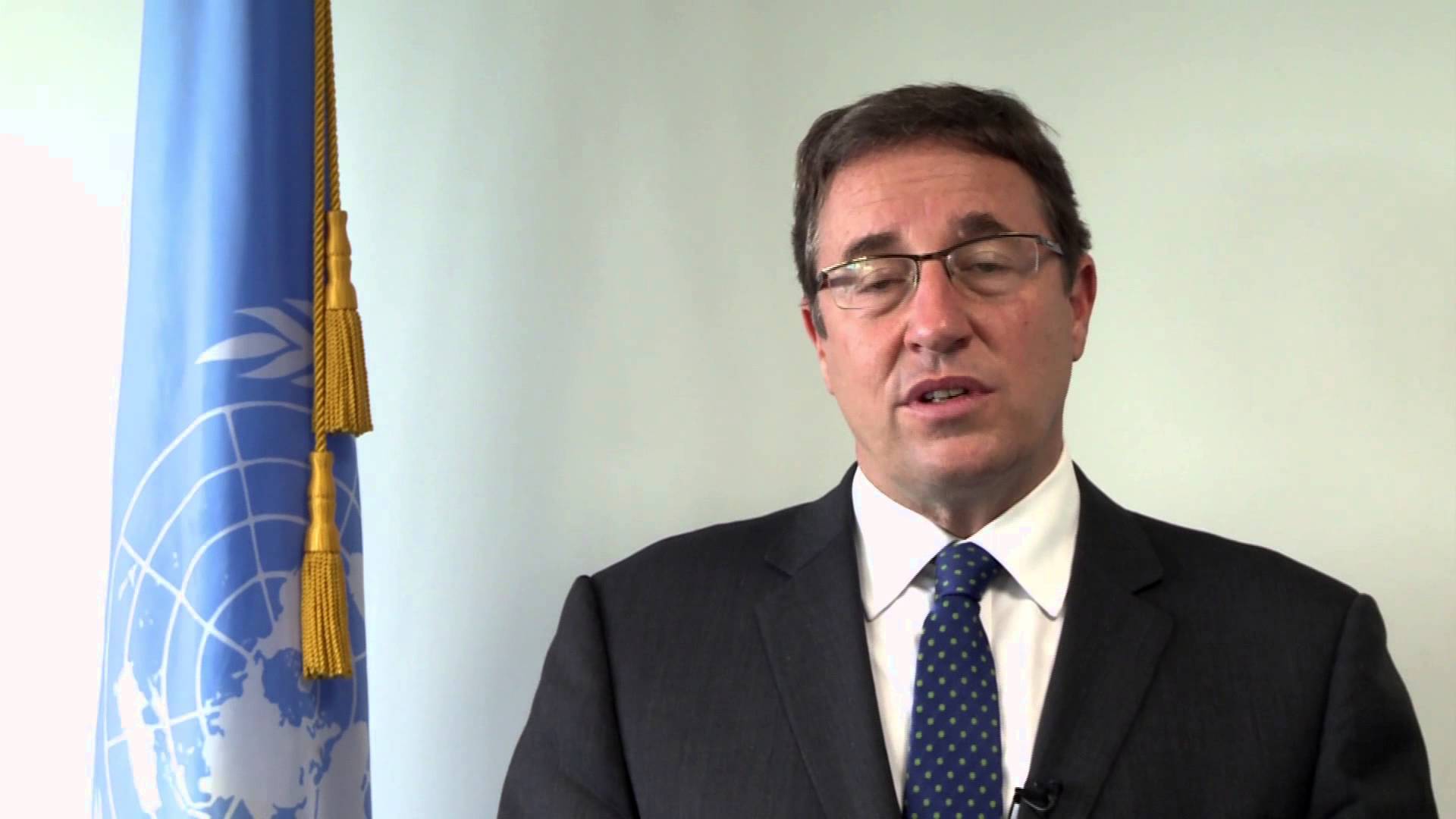Headline:
Global and Regional – Political Strategies for the Protection of Endangered Oceans

The oceans are a mainstay of the Earth’s ecological equilibrium. They are, however, threatened by continuing pollution, the run on resources, the destruction of habitats and the consequences of climate change. Current governance structures are not sufficient to protect them. How could the legal framework be strengthened, particularly for areas beyond national jurisdiction (the high seas)? What role should the oceans play in the universal Sustainable Development Goals (SDGs) that the UN plans to adopt in the coming year? And how can transparent processes contribute to better ocean governance? These were just some of the questions scientists and policy-makers discussed on 29 and 30 October at the IASS in Potsdam as they developed strategies for better protection of the oceans. The second Potsdam Ocean Governance Workshop: Entry Points to Sustainability was organised by the IASS together with UNEP, the Federal Ministry of the Environment, IDDRI, the “Future Oceans” Cluster of Excellence at the University of Kiel, and GEOMAR Helmholtz Centre for Ocean Research Kiel.

In his introduction, IASS Executive Director Klaus Töpfer stressed that “the protection of the oceans cannot be put on the long finger. In 2015 we must progress from talk to action.” At their summit next September, UN member states want to agree on a post-2015 agenda. A list of Sustainable Development Goals, including one for oceans and coasts, will form the centrepiece of that agenda. A new implementation agreement under the UN Law of the Sea (UNCLOS), which will provide for the conservation of marine biodiversity in areas beyond national jurisdiction, is also due to be concluded next year.
In his video message at the opening of the workshop, UNEP Executive Director Achim Steiner emphasised the importance of the above processes for ocean sustainability. He also welcomed the close cooperation in this field between UNEP, the IASS and IDDRI, and suggested that it should be expanded even further in the future.
Achim Steiner on Ocean Governance

Heike Imhoff, head of the marine protection department in the Federal Ministry of the Environment, said that while the implementation agreement was highly significant, it was essential to strike a balance between global regulations and their regional implementation. “In my view, it is not a question of ‘global or regional’, but very clearly it is about ‘global and regional’.” Imhoff pointed to the OSPAR Convention for the Protection of the Marine Environment of the North-East Atlantic as a good example of this. Under this Convention, a network of marine protected areas was established on the high seas for the first time in the period from 2010 to 2012.
To mark the fortieth anniversary of the foundation of UNEP’s Regional Seas Programme, UNEP and the Federal Ministry of the Environment invited workshop participants to a celebratory reception. Under this programme, 143 countries are currently participating in 18 regional agreements and action plans. However, there is still a lack of adequate measures to protect large marine areas – especially the 64 per cent of the oceans that are not subject to national jurisdiction – according to Jan Dusik, UNEP Regional Director and Regional Representative for Europe. There is an urgent need for action here: “As recognised at RIO+20, there are so many emerging issues that affect the health, productivity and resilience of the oceans. These issues include climate change, ocean-based food security, natural disasters, the impacts of off-shore oil and gas exploration and extraction, and the exploitation of ocean energy.” The future activities of the Regional Seas Programme will be geared to meeting these challenges.
The possible options developed by the scientists and policy-makers in working groups – for better protection of the high seas, for a Sustainable Development Goal for oceans, and for more transparency in the regulation of activities like marine mining – will be brought to the negotiating tables in the coming year. To move beyond the mere formulation of goals to policy implementation, the workshop participants also developed recommendations for measureable sustainability indicators, for example for fish stocks and biodiversity, and for transparent processes with the participation of civil society.
Furthermore, proposals were made for important sections of the new implementation agreement under the UN Convention on the Law of the Sea, for example with regard to the designation and management of marine protected areas on the high seas. Given that the negotiation and implementation of new agreements often takes many years, the workshop also focussed on conservation measures that are already possible today, in particular through regional agreements and institutions. Sebastian Unger, head of the Ocean Governance research area at the IASS, was upbeat at the end of the workshop: “Our second Potsdam Ocean Governance Workshop has shown how important it is to get politicians, scientists and civil society on board. We will only be able to find and implement solutions to the complex international challenges of sustainable ocean development together.”
More information:
Photo: (c) Martin Visbeck/GEOMAR
31.10.2014
